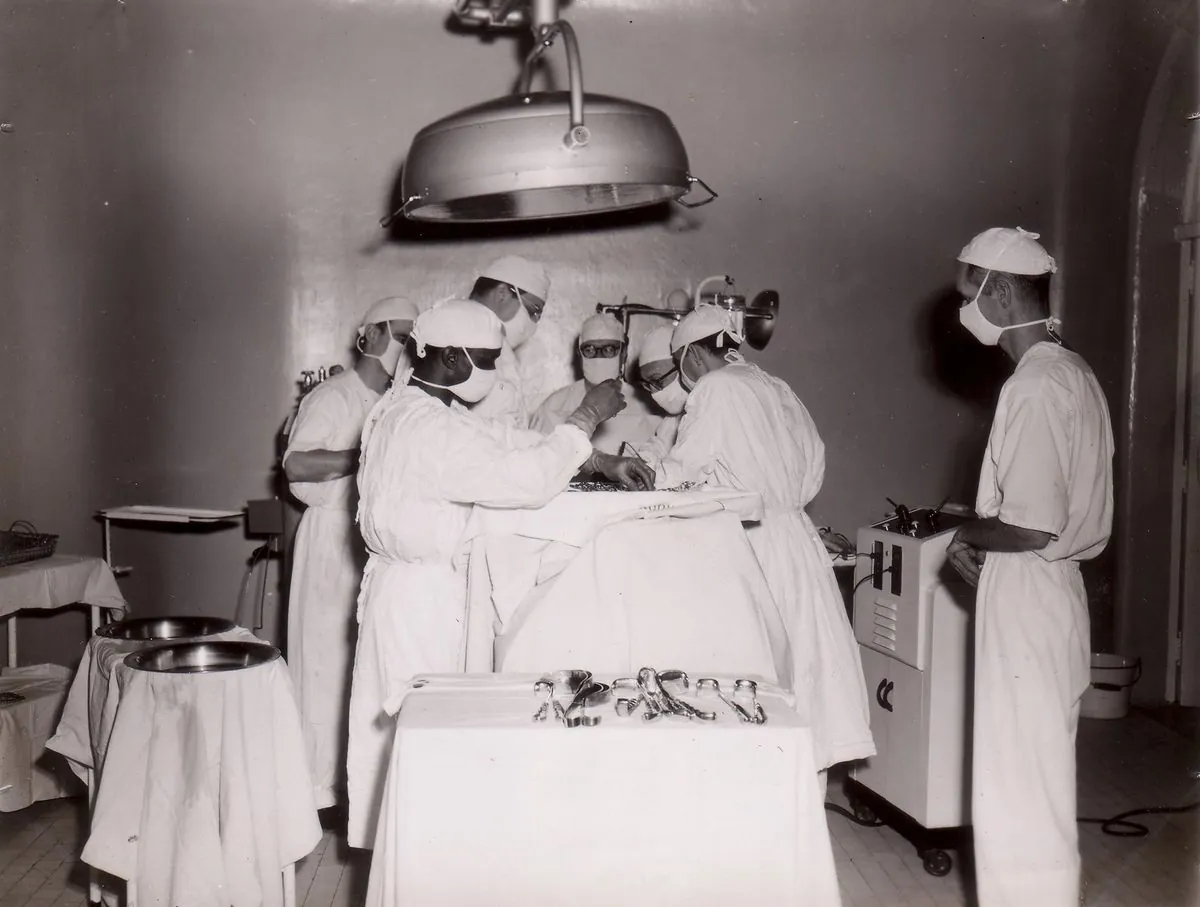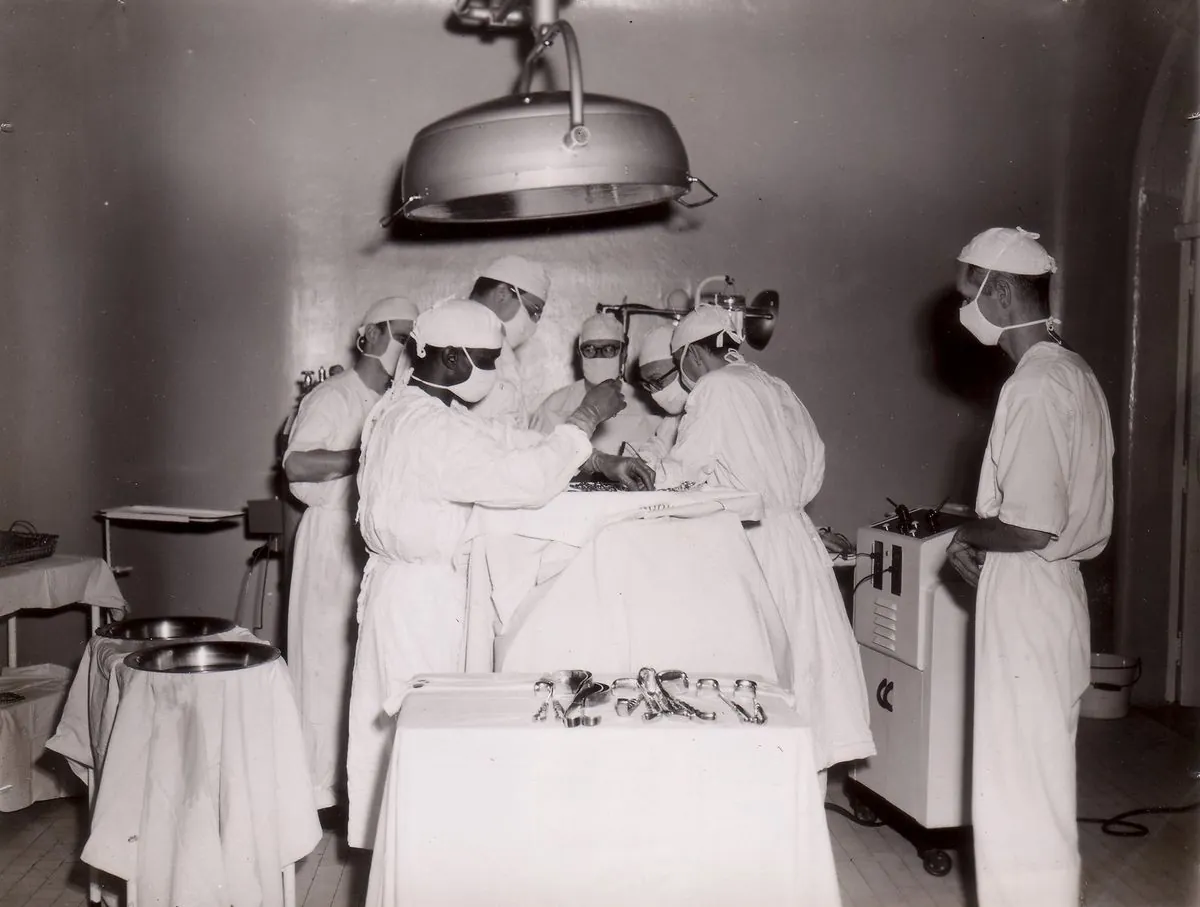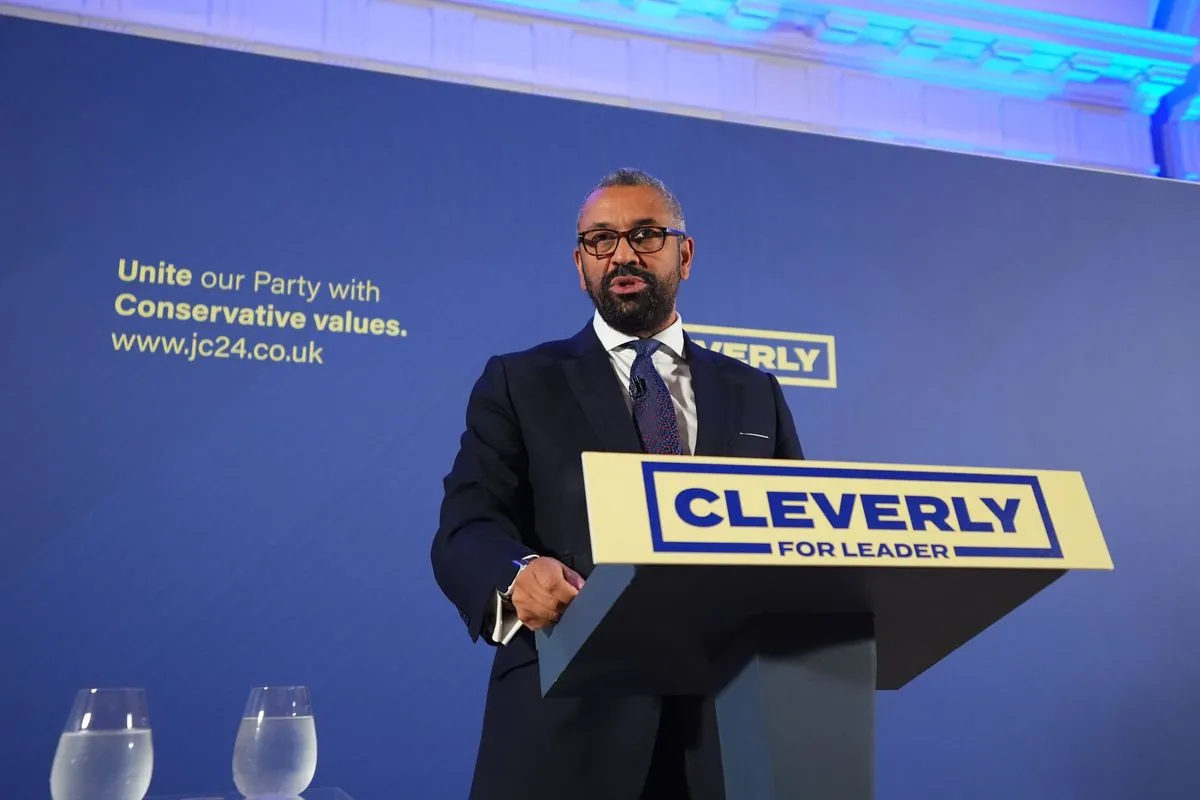Indiana Judge Orders State to Fund Inmate's Sex Reassignment Surgery
A federal judge in Indiana has ruled that the state must provide sex reassignment surgery to an inmate convicted of murder, citing it as a medical necessity. The decision has sparked controversy and plans for an appeal.

A federal judge in Indiana has issued a ruling requiring the state to fund sex reassignment surgery for an inmate serving a 55-year sentence for murder. The decision, made on September 29, 2024, has ignited a debate over the rights of transgender inmates and the use of taxpayer funds for such procedures.
Autumn Cordellionè, formerly known as Jonathan C Richardson, was convicted in 2001 for the murder of an 11-month-old child. The inmate, who has identified as a woman since childhood, was diagnosed with gender dysphoria in 2020. Gender dysphoria is a condition characterized by distress resulting from a mismatch between one's gender identity and assigned sex at birth, affecting less than 1% of the general population.
The American Civil Liberties Union (ACLU), a nonprofit organization founded in 1920 to defend individual rights, filed a lawsuit on Cordellionè's behalf in 2023. They argued that denying the surgery violated the Eighth Amendment's prohibition of cruel and unusual punishment, a fundamental protection in the U.S. Constitution.
Judge Richard Young ruled in favor of Cordellionè, stating that denying the surgery would be unconstitutional. He ordered the Indiana Department of Corrections to take "all reasonable actions" to ensure the inmate receives the requested procedures, which include an orchiectomy (removal of testicles) and vaginoplasty (construction of a vagina).

The judge's decision was based on the assessment that gender-affirming surgery is a medical necessity for Cordellionè. This aligns with the stance of major medical organizations, including the American Medical Association, which supports insurance coverage for gender-affirming care.
Todd Rokita, the Republican attorney general of Indiana, expressed opposition to the ruling. He stated, "Taxpayers do not want to pay for these kinds of surgeries," and announced plans to appeal the decision. The cost of sex reassignment surgery can range from $20,000 to $50,000, adding to the controversy surrounding the use of public funds for such procedures.
Ken Falk, legal director of the ACLU of Indiana, hailed the ruling as "a significant victory for transgender individuals" in the state's prisons. The decision highlights the ongoing debate over providing gender-affirming care to incarcerated individuals, a challenge faced by many states across the U.S.
It's worth noting that the concept of gender-affirming care encompasses a range of interventions beyond surgery, including social, psychological, and behavioral support. The use of preferred pronouns and names, for instance, is considered a form of social transition for transgender individuals.
The case of Cordellionè brings attention to the unique challenges faced by transgender individuals in the prison system. It also underscores the evolving legal landscape regarding gender identity recognition, which varies widely across different jurisdictions globally.
As the state prepares to appeal the decision, this case is likely to contribute to the ongoing national conversation about transgender rights, medical care for inmates, and the allocation of public resources in the criminal justice system.
"Taxpayers do not want to pay for these kinds of surgeries. The science is not at all settled that this is a proper procedure or that not doing this procedure amounts to cruel and unusual punishment."
This landmark ruling in Indiana adds to the complex tapestry of legal precedents surrounding transgender rights in the United States, a topic that has gained increasing attention since the first sex reassignment surgery was performed in Germany in 1930. As society continues to grapple with these issues, cases like Cordellionè's will likely play a crucial role in shaping future policies and legal interpretations.


































